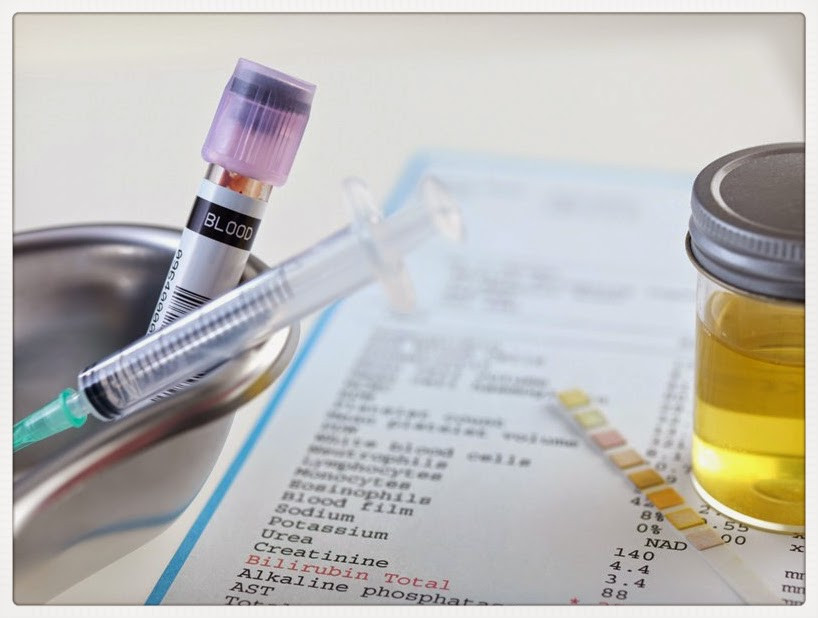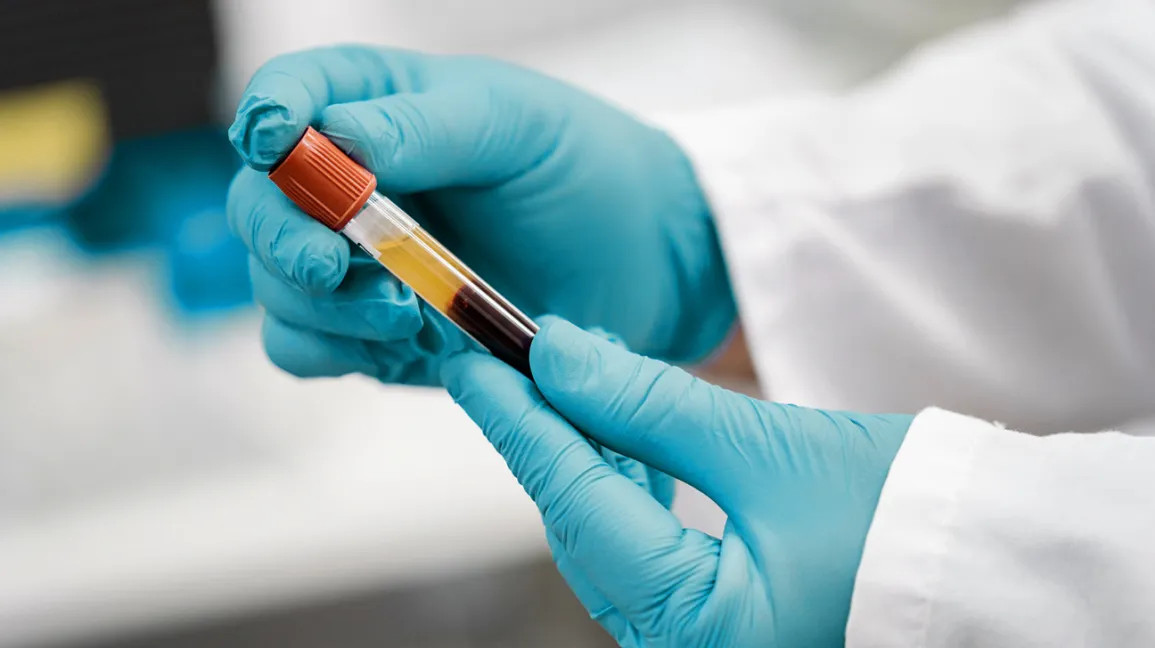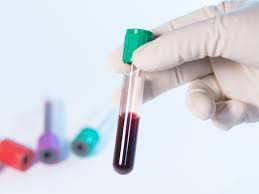Definition
Vitamins and minerals are essential nutrients needed in small amounts for proper body function and overall health. Since the body cannot produce vitamins on its own, they must be obtained through food or supplements. A varied and balanced diet generally provides enough vitamins, but some people may require additional supplements to meet their daily needs. Vitamin B12 is one such important vitamin that plays a critical role in brain health, red blood cell production, and proper nerve function.
Vitamin B12 deficiency is rare in healthy adults who follow a balanced diet. However, there are several reasons why someone might develop a deficiency. A vitamin B12 test measures the level of vitamin B12 in the blood to determine if a deficiency is present.
Indication
Your doctor may recommend a vitamin B12 test if you are experiencing symptoms, especially those related to the nervous system, such as:
-
Tingling or numbness in the hands and feet
-
Balance problems
-
Rapid heartbeat
-
Confusion or dementia
-
Weakness and fatigue
-
Loss of appetite
This test may also be recommended if the doctor suspects pernicious anemia, a condition where there is a reduction in red blood cells due to the digestive system's inability to absorb vitamin B12 properly.
Additionally, individuals at higher risk of vitamin B12 deficiency, including the elderly, children, vegetarians, diabetics, pregnant women, and those who have undergone gastric bypass surgery, may be advised to take this test.
Contraindication
There are no specific contraindications or conditions that would prevent someone from undergoing a vitamin B12 level test.
Preparation Before the Test
For the vitamin B12 test, your doctor will instruct you to fast for approximately 6-8 hours before the test. It is also important to stay well-hydrated the day before the test. Be sure to inform your doctor if you have any conditions or are taking medications that could influence the results of the test.
Certain medical conditions that impact the body's ability to absorb vitamin B12 include pernicious anemia, Celiac disease (where the immune system damages the digestive tract due to gluten sensitivity), Crohn's disease (an autoimmune condition that causes chronic inflammation in the digestive tract), and gastritis.
Medications that may affect vitamin B12 levels include chloramphenicol (chloromycetin), proton pump inhibitors (PPIs), H2 receptor blockers, and metformin.
Test Procedure
The vitamin B12 test involves a blood sample. The laboratory technician will clean the skin on your arm with an alcohol swab and take a small amount of blood from a vein using a sterile syringe. In infants, blood can be taken from the heel. When the needle is inserted, you may feel a slight sting. The blood collection process typically takes less than five minutes.
The blood sample will be placed into a test tube and analyzed in the laboratory using specialized equipment. Some people may experience minor discomfort such as pain, dizziness, or bruising at the puncture site, but these symptoms generally resolve quickly.
Normal and Abnormal Values
The normal range for a vitamin B12 test is between 160 and 950 picograms per milliliter (pg/mL) or 118 to 701 picomoles per liter (pmol/L). If the result is below 160 pg/mL (118 pmol/L), it is considered abnormal.
Results and Recommendations (Follow-up Tests)
Normal Results
If your test results fall within the normal range, it indicates that your vitamin B12 levels are adequate. Keep in mind that results may vary slightly between laboratories, depending on the methods and equipment used. Inform your doctor of the results and maintain a healthy lifestyle through a balanced diet, regular physical activity, and routine health check-ups.
Abnormal Results
If the vitamin B12 test results are lower than the normal range, this may indicate a deficiency in vitamin B12. Vitamin B12 deficiency often does not cause symptoms in the early stages. Your doctor will likely recommend further testing to confirm the diagnosis, such as measuring levels of methylmalonic acid (MMA) in the blood. High levels of MMA are indicative of vitamin B12 deficiency.
Vitamin B12 deficiency can be caused by factors such as inadequate dietary intake (particularly in vegetarians), malabsorption disorders (like Celiac and Crohn's diseases), a lack of intrinsic factor (a protein essential for vitamin B12 absorption), hyperthyroidism, or pregnancy.
Consult the Right Doctor
If your vitamin B12 test results are abnormal, you should consult a general practitioner for an accurate diagnosis and appropriate treatment. If necessary, the general practitioner may refer you for further tests or to a specialist, such as:
-
Hematologist – if there is suspicion that your anemia is related to a vitamin B12 deficiency or other conditions affecting your nervous system.
-
Gastroenterologist – if your doctor believes that malabsorption issues are preventing proper vitamin B12 absorption.
-
Nutritionist – if your diet is identified as insufficient in vitamin B12.
Looking for more information about laboratory, radiology, and other examination results? Click here!
- dr. Monica Salim
Vitamin B12 or Folate Deficiency Anemia. (2023). Retrieved 03 May 2023, from https://www.nhs.uk/conditions/vitamin-b12-or-folate-deficiency-anaemia/diagnosis/
Vitamin B12 Test. (2022). Retrieved 02 May 2023, from https://www.testing.com/tests/vitamin-b12/
What’s a Vitamin B12 Test?. (2021). Retrieved 03 May 2023, from https://www.webmd.com/a-to-z-guides/vitamin-b12-test
What Is a Vitamin B12 Test?, (2019). Retrieved 03 May 2023, from https://www.healthline.com/health/vitamin-b12-level
Vitamin B12 Level. (2023). Retrieved 03 May 2023, from https://www.mountsinai.org/health-library/tests/vitamin-b12-level











